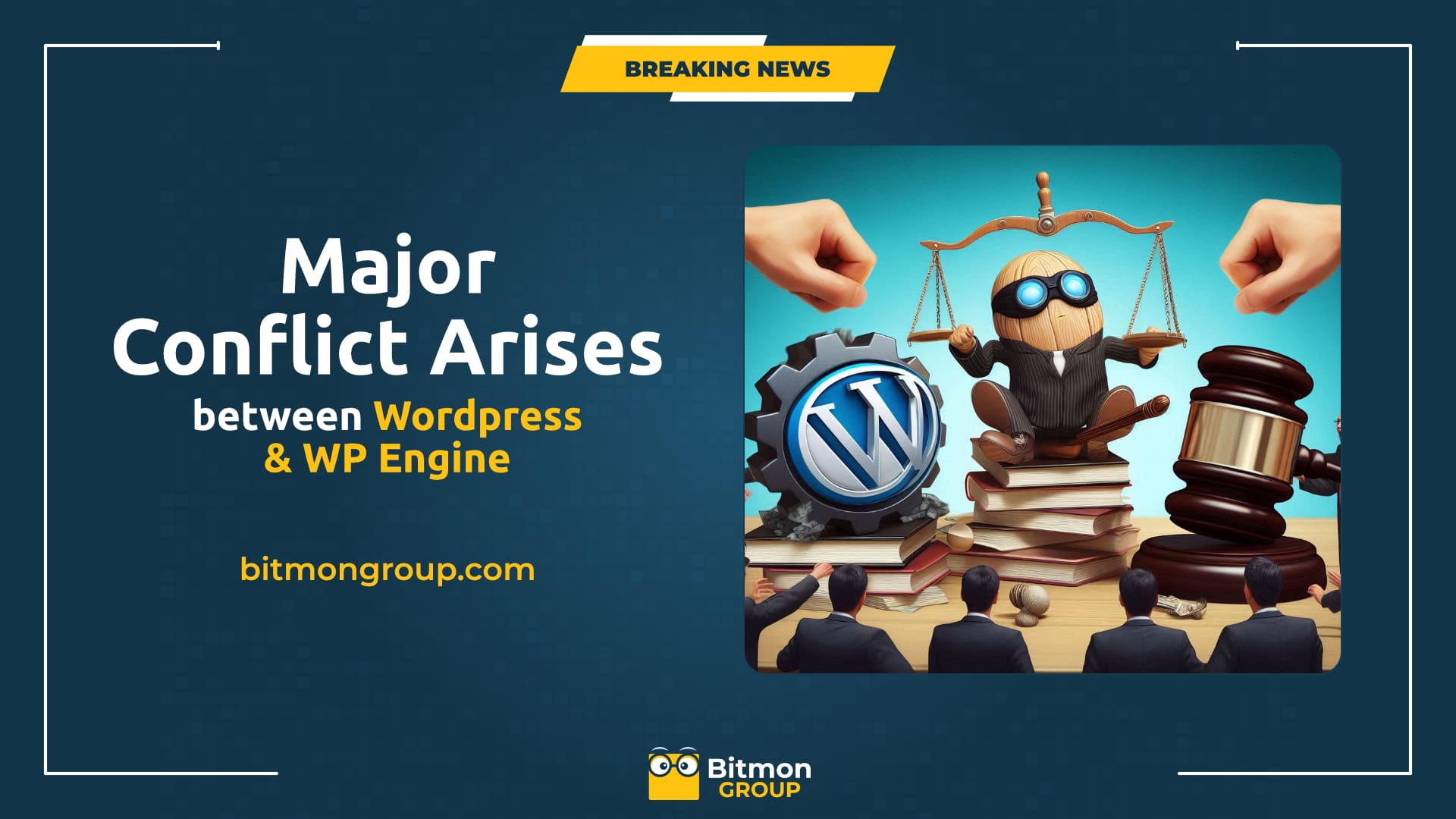When it comes to building a successful website, performance and search engine optimization (SEO) are critical factors. While many aspects contribute to a website’s performance and SEO, one of the most foundational elements is your web hosting. In this blog post, we’ll explore how your choice of hosting can impact your website’s speed, reliability, and search engine rankings.
Website Performance and Hosting

- Server Speed and Response Time
- Impact on Performance: The speed at which your server responds to requests significantly affects your website’s load time. Faster servers provide quicker responses, leading to better user experiences.
- Hosting Influence: High-quality hosting providers use powerful servers with optimized configurations, ensuring fast response times and minimal delays.
- Bandwidth and Resource Allocation
- Impact on Performance: Sufficient bandwidth and resources (CPU, RAM) are necessary to handle multiple visitors simultaneously without slowing down your site.
- Hosting Influence: Different hosting plans offer varying levels of resources. For instance, shared hosting may struggle with high traffic, while VPS or dedicated hosting provides more robust resource allocation.
- Geographical Location of Servers
- Impact on Performance: The physical distance between your server and your visitors can affect load times. The closer the server is to your audience, the faster the website loads.
- Hosting Influence: Some hosting providers offer Content Delivery Networks (CDNs) or servers in multiple locations, reducing latency and improving load times for global audiences.
SEO and Hosting

- Website Speed
- SEO Impact: Search engines like Google consider page speed as a ranking factor. Faster websites are more likely to rank higher in search results.
- Hosting Influence: Reliable hosting with fast servers can significantly improve your website’s load times, positively impacting your SEO.
- Uptime and Reliability
- SEO Impact: Downtime can hurt your SEO. Search engines may lower your rankings if your website is frequently unavailable.
- Hosting Influence: High-quality hosting providers offer robust uptime guarantees (99.9% or higher), ensuring your website remains accessible and maintains its SEO rankings.
- Security
- SEO Impact: Security breaches can lead to blacklisting by search engines and loss of user trust, negatively affecting your SEO.
- Hosting Influence: Good hosting providers offer strong security measures, such as firewalls, malware scanning, and regular updates, protecting your site from potential threats.
- Server Errors and SEO
- SEO Impact: Frequent server errors (e.g., 500 Internal Server Error) can harm your SEO, as search engines may view your website as unreliable.
- Hosting Influence: Reliable hosting minimizes the occurrence of server errors, ensuring smooth website operation and better SEO performance.
- SSL Certificates
- SEO Impact: HTTPS is a ranking factor for search engines. Websites with SSL certificates are considered more secure and may rank higher.
- Hosting Influence: Many hosting providers include free SSL certificates with their plans, making it easier for you to secure your website and improve your SEO.
Choosing the Right Hosting for Performance and SEO
- Evaluate Hosting Providers
- Look for providers with a strong reputation for speed, reliability, and security. Check reviews and performance benchmarks to make an informed decision.
- Consider Your Needs
- Assess your website’s traffic, complexity, and growth potential. Choose a hosting plan that can accommodate your current needs and scale as your website grows.
- Leverage Advanced Features
- Utilize features like CDNs, caching, and performance optimization tools offered by your hosting provider to enhance your website’s speed and SEO.
Your web hosting plays a crucial role in determining your website’s performance and SEO success. By choosing a reliable hosting provider with fast servers, robust security, and excellent uptime, you can ensure your website delivers a great user experience and ranks well in search engine results.







